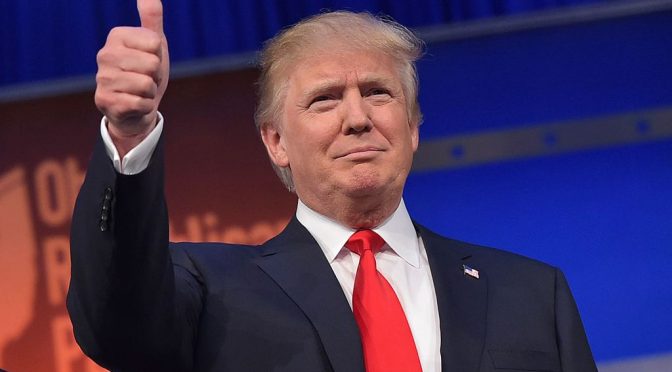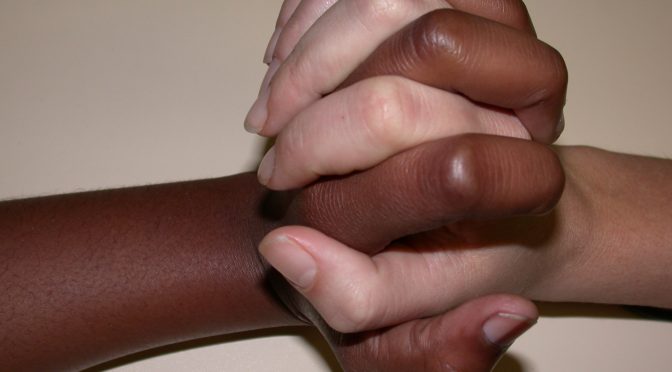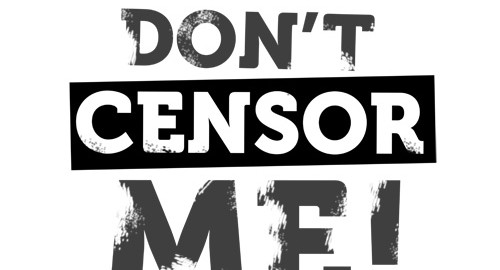There was a time when we on the British left owned terms like Unity and Solidarity. The broad left had formed around a single, enormous issue: the obscenity of poverty. Thus, the left once represented the disadvantaged, and the right fought to maintain the old status quo. When fascism last surged in the 1930s, it was the left’s broad base that ensured British fascism was crushed: it alone could unite the mighty industrial working class with immigrants and sympathetic liberals. It was opposition to poverty that united white working class people with the immigrants – Irish, Jewish, Black and Asian – that came to Britain over the past century. Ultimately, this was why the left eventually championed the fight against racism: because it understood that the biggest problems faced by immigrants – bad housing, low pay, state indifference, routine violence – were shared by poor white people, and formed alliances in factories and poor communities that transcended race.
Racism was never a one-way street. Tension and violence grew in high-immigration communities because of mistrust and misunderstanding on both sides. Mass immigration – then, as now – benefited the economy as a whole, but placed a disproportionate burden on poor communities. People who complained about rapid, disconcerting change in their neighbourhoods were not uniformly attacked as “racists”; instead, the left sought to find common ground and build unity. The Notting Hill Carnival is one of the lasting testaments to this approach: it was a community creation designed to bring white and black people together in the wake of race riots.
But the Labour Movement, the foundation of the old left, effectively collapsed during the 1980s and 90s for a variety of reasons. The left dwindled, and found new power bases: no longer in factories or council estates; instead in academia and the public sector. It lost touch with working class people, and lost interest in poverty. It instead adopted identity politics, dividing people by race, gender, sexuality just as it once united people across these lines. It became whiter and more middle-class, and gradually came to represent the interests of white, middle-class people above all others. Step by step, from the 80s onward, the left took on the attitudes of the old fascist movements, seeking to divide society into isolated, opposing groups of people.
None of this mattered much, until a new surge in left-wing support followed the 2008 financial crash. My initial excitement at the left-wing resurgence turned into disgust as I saw what the left had now become.
I first noticed the shift via my involvement in sexual freedom causes. The old Christian right had died along with Mary Whitehouse. Now, a new conservative movement surfaced, this time based around the remnants of the old feminist movement. The new attackers of sexual freedom came from the organs of the new-left: universities, trade unions, local authorities and the Labour Party. This new left had lost all interest in tackling poverty and disadvantage, because they had no experience or understanding of it. Instead, they declared gender, skin colour and sexuality to be the true marks of oppression. So, porn and other sexual expression came under attack, not because it was “ungodly” but because it was deemed to “oppress women”. Thieves had stolen the language of the (now defunct) progressive left and used it to advance fascist agendas.
So we saw the grotesque sight of middle-class “left-wing” people declaring themselves to be “oppressed” (for reason of possessing a vagina or extra melanin in their skin), and attacking poor white communities as “privileged”. The new-left had restarted the class war, but this time was firmly on the other side.
So when Edie Lamort, a stripper-activist (who I interviewed some time back), declared herself some years ago to be the “canary in the coalmine”, she was very prescient. The attacks on her and her comrades, by fascists in left-wing clothing, were indeed an early sign of a broad attack on liberal values from the political left.
The pus-filled boil of identity politics, quietly swelling since the 80s, really only burst within the past couple of years. And now, the identity fascists are dismantling all remnants of cross-community solidarity as rapidly as possible. Every progressive movement of recent years is collapsing as identity politics moves in. Among the most spectacular examples has been the undermining of the campaign against police violence in the United States. A few years ago, thanks to smartphones and social media, and campaigns such as Copblock, a bright light was shone for the first time on the astonishing violence of US policing. Although there was clearly a strong racial element, police violence was meted out across all communities. If there was a particular “identity” group at the receiving end, it was overwhelmingly poor, young men, of all races.
But to make it a “male issue” would have been foolish and divisive. A Martin Luther King character, should one exist today, would identify a common cause and an opportunity for cross-community solidarity; but this is not the liberal 60s, and there appears to be no room for uniting characters like MLK today. Instead, the issue was seized by black nationalists. The hashtag #filmthepolice gave way to #blacklivesmatter. In a remarkable reversal of logic, black nationalists – backed by identity fascists – declared #alllivesmatter to be a “racist” sentiment. Never mind that numerically, the single biggest identity group to be shot by police was white men; or that, proportionately the greatest sufferers were native American men. The issue was now owned by the 24% of victims who were black, and the other 76% were excluded (Source: The Counted). This marked the high watermark of the campaign against police violence: it had been killed by sectarianism. If there ever was a signal to white working class people that nobody cares for them, here it was.
Now, when a 12 year old (white) girl was shot dead by police, there would be no community mobilisation, no public outcry. After all, what hashtag does one use in such a case? #Alllivesmatter was already deemed racist, and #whitelivesmatter would be even worse. So, the girl’s name never made it into the public consciousness: Ciara Meyer RIP: killed by police, forgotten by identity politics.
Now, it seems, the scourge of mass shootings in the US is going the same way. While only a couple of years ago, every shooting was met with horror, and renewed calls for gun controls, now the campaign has been targeted, divided and sunk by identity politics. A steady stream of mass killings – driven by easy access to guns, however much the gun lobby denied it – was punctuated a year ago by the killing of nine people in Charleston, South Carolina. Like many such mass killings, the shooter was an angry/crazy/hateful (take your pick) white man. Unlike most others, the targets were exclusively black.
Dylan Roof, the shooter, was no doubt motivated by racist views: but statistically, the event was an outlier. It makes no sense to declare a single atrocity, carried out by a single person, to be representative of anything but the views of that person. Racial violence has, in fact, tumbled a long, long way since the days of the lynch mob. But identity politics (which previously had no interest in the long succession of mass shootings) now awoke, and declared the issue a black-owned one.
And with the recent mass-shooting in a gay club in Orlando, the divisiveness reaches a whole new level. This time, identity fascists of the right blame “Islam”, while those of the left are determined to blame “Homophobia”. But neither explanation is matched by a genuine trend: neither Islamist nor homophobic atrocities are regular enough events to be anything but outliers. Homophobia may still be commonplace, but is almost certainly at its lowest level in US history. The same old explanation holds true for this mass shooting as for all the hundreds of others: an angry/crazy/hateful individual managed to get hold of military-style weaponry.
Identity politics is really the politics of the self. The identity warrior’s deepest instinct is: “How can I make this all about MEEEE?” Thus, the ever-vapid commentator Owen Jones walked out of a Sky News dicussion on the Orlando shooting, ostensibly because the other commentators were refusing to acknowledge homophobia. But in reality, Jones had finally found an American massacre that he, as a gay man, could associate himself with, and so become outraged about. Never mind that, as a British person, the chance he will ever encounter a mass shooting is close to zero. Never mind that many of the dead were undocumented Latino migrants rather than middle-class British journalists. Jones’ sexuality is the hook with which he can claim a stake in the misery of strangers, far away.
And here is the real tragedy of identity politics: solidarity is dying. While, only a few years ago, we could all unite to express shock at the killing of a black person by a racist, or a gay person by a homophobe, or a Jew by an anti-semite, now this is quietly breaking down. Now, every atrocity is an identity atrocity, and so every atrocity fosters further anger and division, while not so long ago we could unite in our common humanity against the tiny minority that commit vile acts of hate.
Identity politics is the politics of self-pity. If I were to choose this route, I could assert my Jewishness: henceforth, I could declare any anti-semitic attack to be all about MEEE. But I choose not to be defined by my Jewish heritage, however much self-pity it could allow me to wallow in. My children are Nigerian-Jewish; should they revel only in the victimhood of Jews and Nigerians? Should my daughter declare herself a Judeo-Nigerian Feminist, and add gender self-pity to black and semitic self-pity? We are in a race to the bottom: when we selectively ignore horror, because we don’t identify with the identity of the victims, we are losing our humanity.
Is it surprising, therefore, that poor whites would now also choose to unite around their racial identity? Is the rise of Donald Trump or of Nigel Farage so surprising in this climate? This new ascent of the fascist right was clearly preempted and driven by the rise of fascist politics on the left. We have no chance of resisting the rise of of the far-right in Europe and America if we adopt fascist methods and ideas ourselves. We need to rediscover the solidarity of the old left: we must stand shoulder to shoulder with those who suffer, however much – or little – they resemble ourselves.


